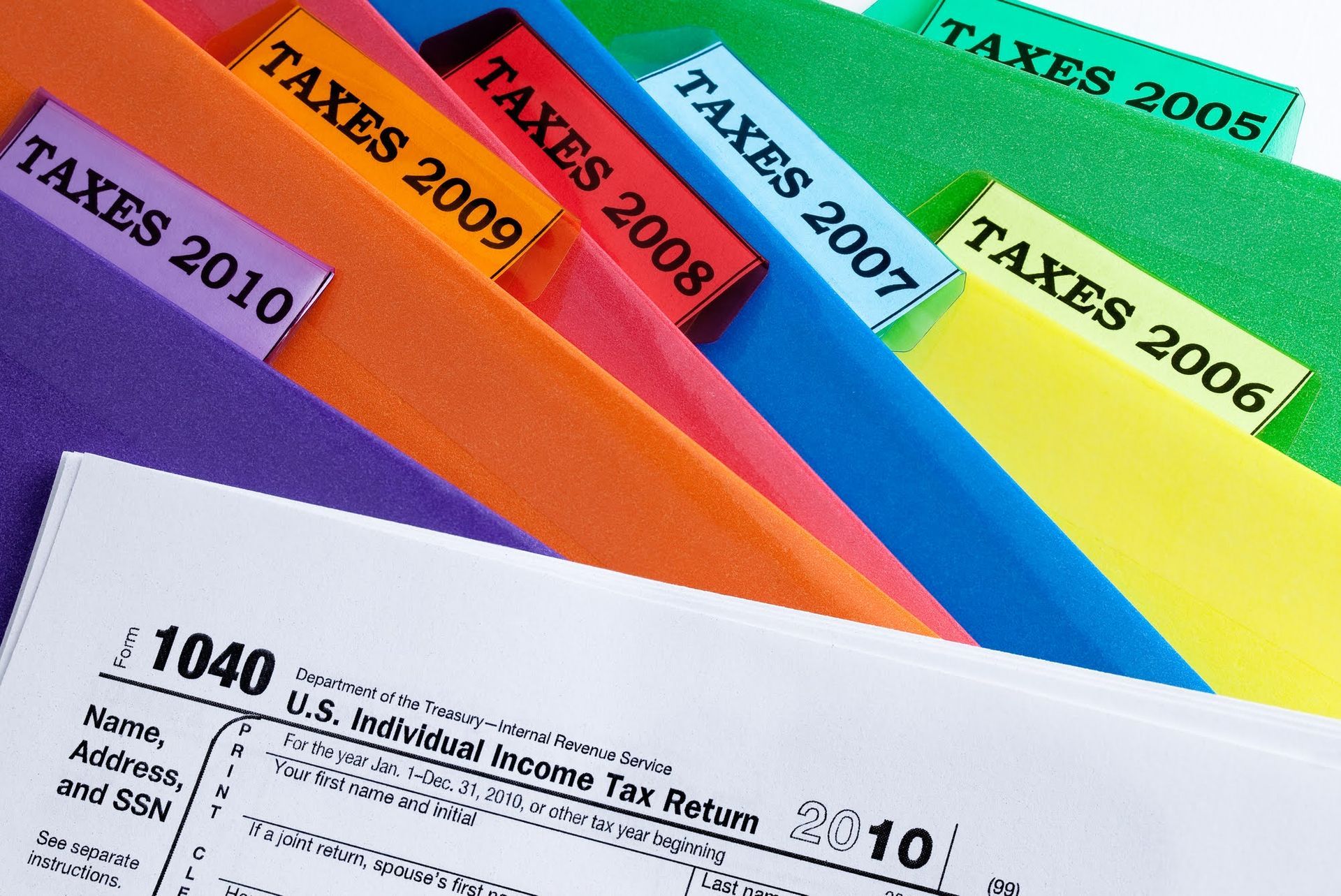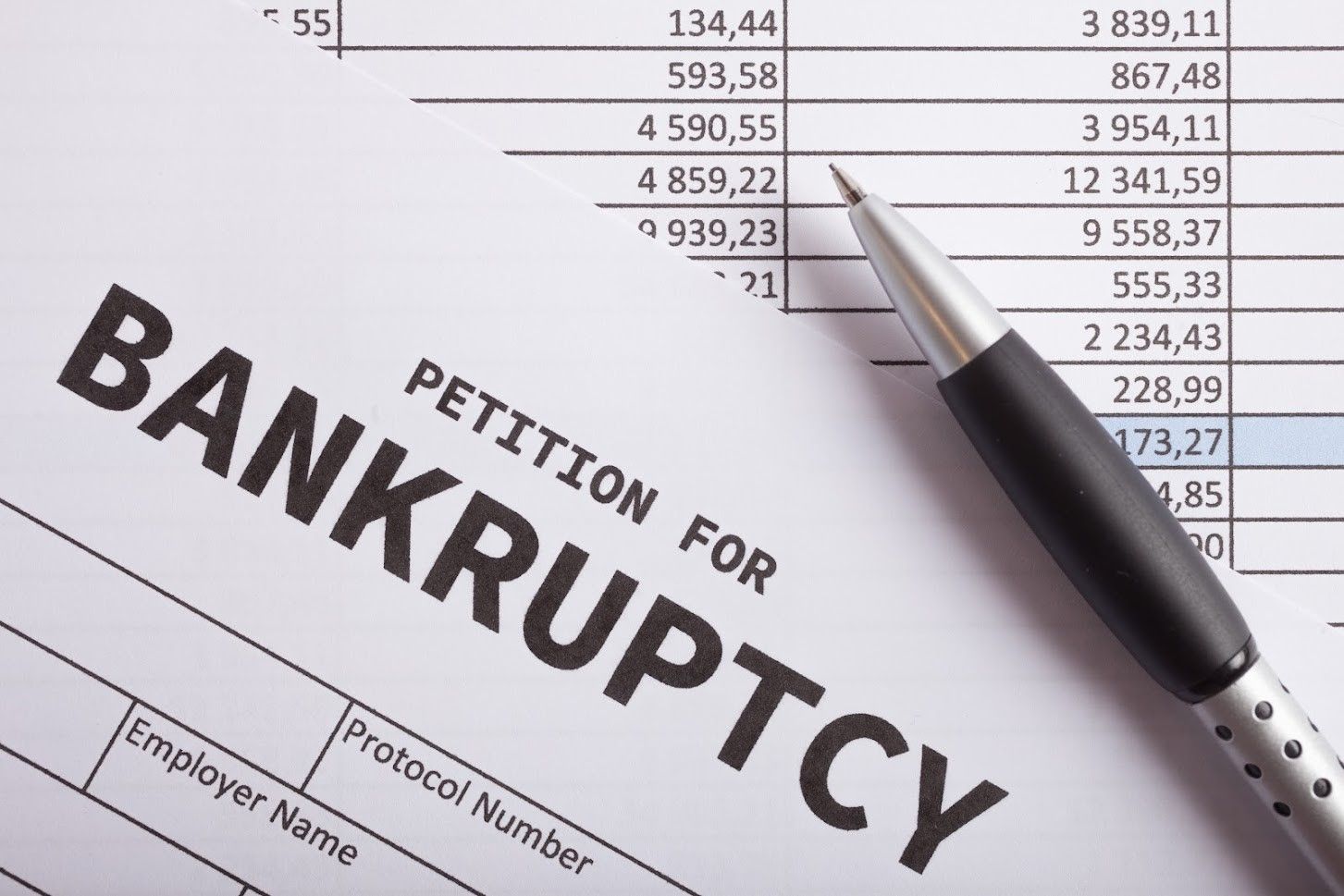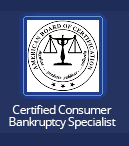Can You Eliminate Tax Debts in Bankruptcy?

Whether bankruptcy eliminates tax debt is a common question among people who want to declare bankruptcy. While some people think that all tax debt can be eliminated through bankruptcy, this cannot be further from the truth. Tax debt is treated differently from other debt once an individual files for bankruptcy. Learn more about tax debt as it relates to bankruptcy.
Discharging Tax Debt With Chapter 7 Bankruptcy
You may discharge tax debt with this type of bankruptcy if you fulfill the terms outlined below:
- Your debt is state-income debt. Any other taxes, such as fraud penalties and payroll taxes, stay effective in the case of Chapter 7 bankruptcy. Therefore, you can only avoid regular income tax payments owed to the federal government or the state.
- Your debt is three years old. You must have filed for bankruptcy at least three years after the original tax return was due.
- Your case is not of willful evasion, and you did not commit fraud. Some people willfully try to evade tax or file fraudulent taxes. If, for example, you used a fake social security number, bankruptcy cannot save you from paying your debt.
- Your case passes the 240-day rule. This means that the Internal Revenue Service (IRS) must not have assessed at all or must have assessed the debt at least 240 days before you file for bankruptcy. However, the time limit may be longer if the IRS had a public offer/compromise that suspended collection activity or if you have had another bankruptcy filing.
- You filed a return. You should have filed a tax return at least two years prior to your bankruptcy filing. In many cases, filing a late return will mean the tax is not discharged, while in other cases, the courts may allow you to discharge the debt if you have met other criteria in the list but filed a late return.
Remember, different jurisdictions may have different requirements to fulfill. Additionally, in Chapter 7, using a credit card for non-dischargeable tax debt means that the balance will be a non-dischargeable debt should the creditor file a bankruptcy lawsuit.
Federal Tax Lien
Your taxes may qualify for discharge, but that does not mean that bankruptcy will wipe out any pre-existing tax liens. Chapter 7 wipes out your personal obligation to pay the taxes that qualify, so the IRS does not go after your wages and bank accounts. However, the lien remains if the IRS had put a lien on your property. If you need to sell your property, you must pay off the tax lien before the sale and transfer of the property title.
Discharging Tax Debt With Chapter 13 Bankruptcy
Managing debt with Chapter 13 bankruptcy is a smart move. The taxes may be forgivable depending on how much disposable income you have after deducting necessary expenses from your payment. Furthermore, the dischargeable taxes do not accrue additional penalties and interests. Chapter 13 bankruptcy allows you to pay what you owe to satisfy an IRS lien.
If you include all your outstanding tax, post-petition tax, and tax return obligations current during your Chapter 13 bankruptcy, IRS abides by the plan. Usually, any non-dischargeable tax will need to be paid within the three to five-year plan, so you can catch up on your taxes and debt when the period is over.
If you want to file for bankruptcy, you need a knowledgeable, experienced partner that understands your situation. Here at Charles J Schneider PC, we offer guidance to help you get out of difficult financial situations. We understand the law underlying the bankruptcy process to help you recover financially. Reach out today for a free consultation.























